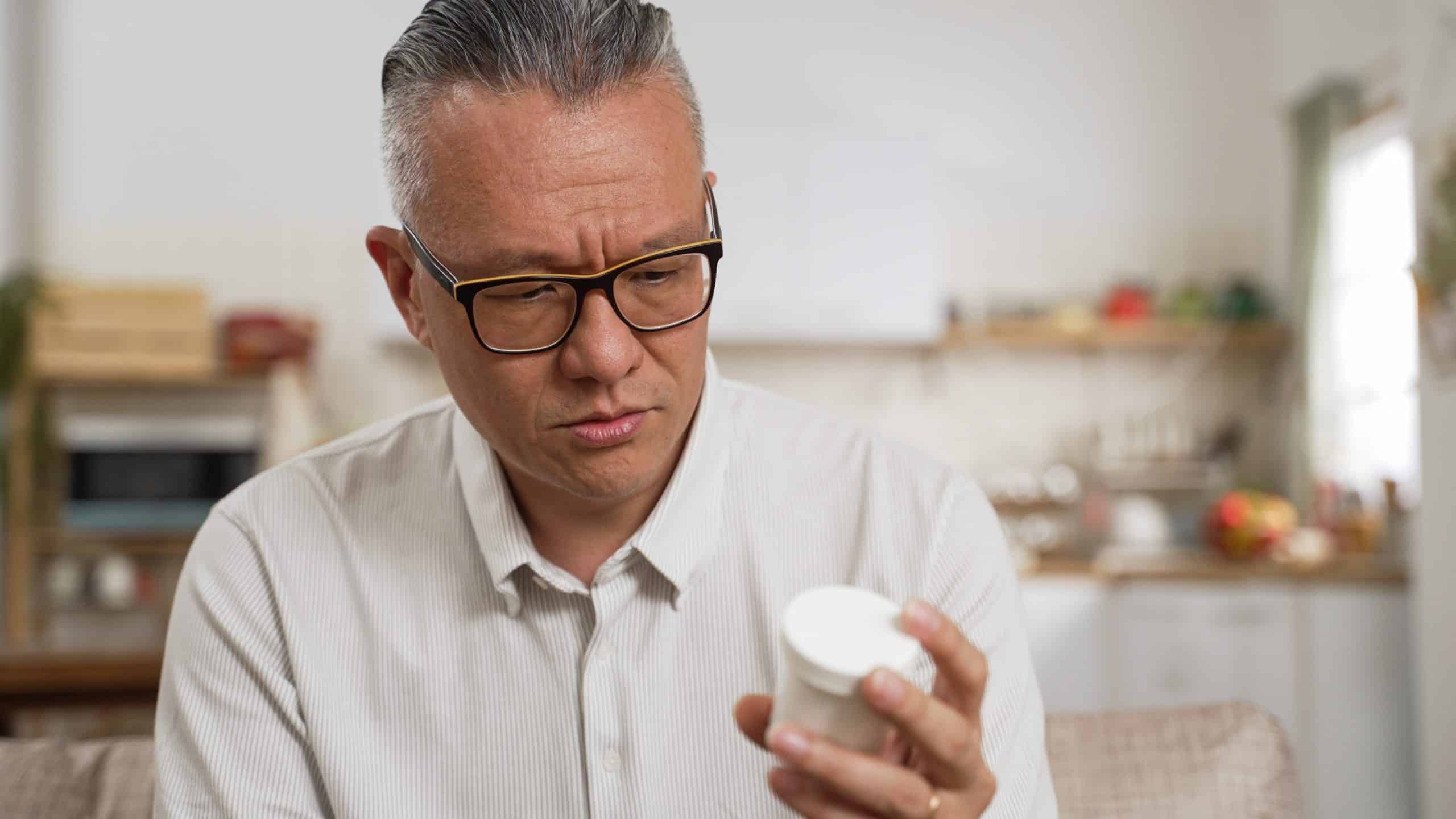Categories:
Are pills the best solution for an enlarged prostate?
For more than 660 million men worldwide who may have been affected by benign prostatic hyperplasia (BPH),1 a non-cancerous enlargement of the prostate as men age, weighing the pros and cons of medication against the challenges of BPH is an all too familiar challenge to consider. BPH can cause a variety of challenging symptoms including urinary problems, interrupted sleep and loss of productivity.2
Despite the availability of alternative treatment options, results from two recent surveys of 1,000 men and 1,000 women over age 40 in the U.S. found that some men and women believe that BPH can only be treated with medication.*
While BPH itself can cause a number of bothersome symptoms, symptom relief from medication can be inadequate.3 Like 25% of male survey respondents who said they are unsatisfied with the effectiveness of their medication*, David, 51 years old, found his results to be disappointing. After a year of being on medication, his wife prodded him to seek out other options.
The potential downsides of medication
Even when medication does provide symptom relief, more than one third of men with BPH taking medication have experienced unpleasant side effects including headaches, dizziness, weakness or lack of energy (asthenia), ejaculatory dysfunction and/or erectile dysfunction.* This was the case for John, a 62-year-old avid competitive runner who felt medication affected his training and running times, making him tired and sluggish. Just two weeks after starting the medication, he stopped taking it altogether and began to research other alternatives.
Sometimes, the reality of taking another pill every day or concerns about possible interactions with other medications is enough to dissuade patients from taking medication. Survey results confirm that most patients are interested in learning about alternative treatment options.*
If you’re thinking about seeking treatment, it’s important to know your options. Treatment options for an enlarged prostate fall on a spectrum ranging from the least invasive to the most invasive.
It’s important to consult your urologist to find a treatment that can help you live a more active life with fewer interruptions from urinary symptoms. Depending on the severity of your symptoms, your doctor may recommend the “wait and see” approach, a minimally invasive procedure or other surgery. Find out more about the BPH treatment options here.


